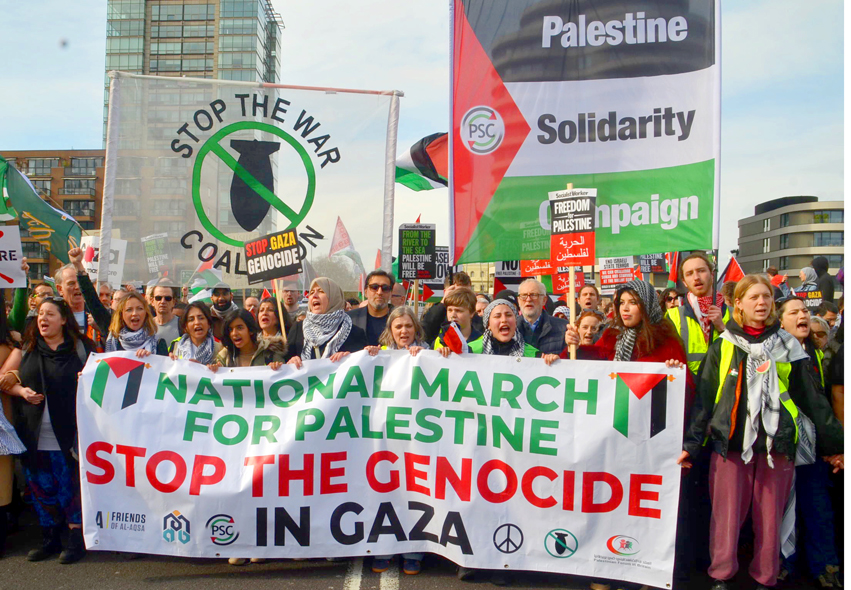THE UN Security Council committee has not reached a consensus on Palestine’s latest application for full United Nations membership, despite substantial support.
Meeting in New York, the committee, chaired by Malta’s ambassador Vanessa Frazier, found two-thirds of its members backing Palestine’s bid, while five opposed it.
This division makes it improbable that the committee will recommend a Security Council vote on the matter.
Nonetheless, any Security Council member state retains the ability to propose a resolution at any time.
Since achieving observer status in 2012, Palestine has sought full membership, which would symbolise international recognition of its statehood.
Algeria, representing Arab nations on the Council, intends to present a resolution next week to support this bid. However, this is expected to be vetoed by the United States, Israel’s principal ally within the Council.
For the resolution to pass, it would require affirmative votes from at least nine of the 15 Council members, including the approval of all five permanent members: China, France, Russia, Britain, and the United States. Should it pass, the General Assembly would then need a two-thirds majority to approve Palestine’s membership.
Historically, the United States and other nations have conditioned Palestinian UN membership on the establishment of peace with Israel, who has staunchly opposed Palestinian membership.
In 2011, a similar membership application by Palestine was unsuccessful in the Security Council. Nevertheless, in 2012, the General Assembly awarded Palestine observer status, overriding American objections.
Recently, Palestinian Ambassador Riyad Mansour formally requested that the 2011 application be reconsidered, marking a tentative step forward as the Security Council referred the matter to its consideration committee earlier this week.
Currently, Palestine is recognised as an independent state by 139 of the UN’s 193 member states.
Meanwhile, during a diplomatic visit in Oslo, Spanish Prime Minister Pedro Sanchez hinted at significant support within Europe for the recognition of Palestinian statehood after discussions with his Norwegian counterpart, Jonas Gahr Store.
Sanchez, who plans further visits to Ireland, Portugal, Slovenia, and Belgium, is pushing for Europe to address the humanitarian crisis in Gaza and facilitate a political peace process conducive to a two-state solution.
On Wednesday, he articulated to parliament members that recognising a Palestinian state aligns with Europe’s ‘geopolitical interests’ and is both a ‘just’ move and a demand of the ‘social majority’.
‘The international community cannot help the Palestinian state if it does not recognise its existence,’ he emphasised.
